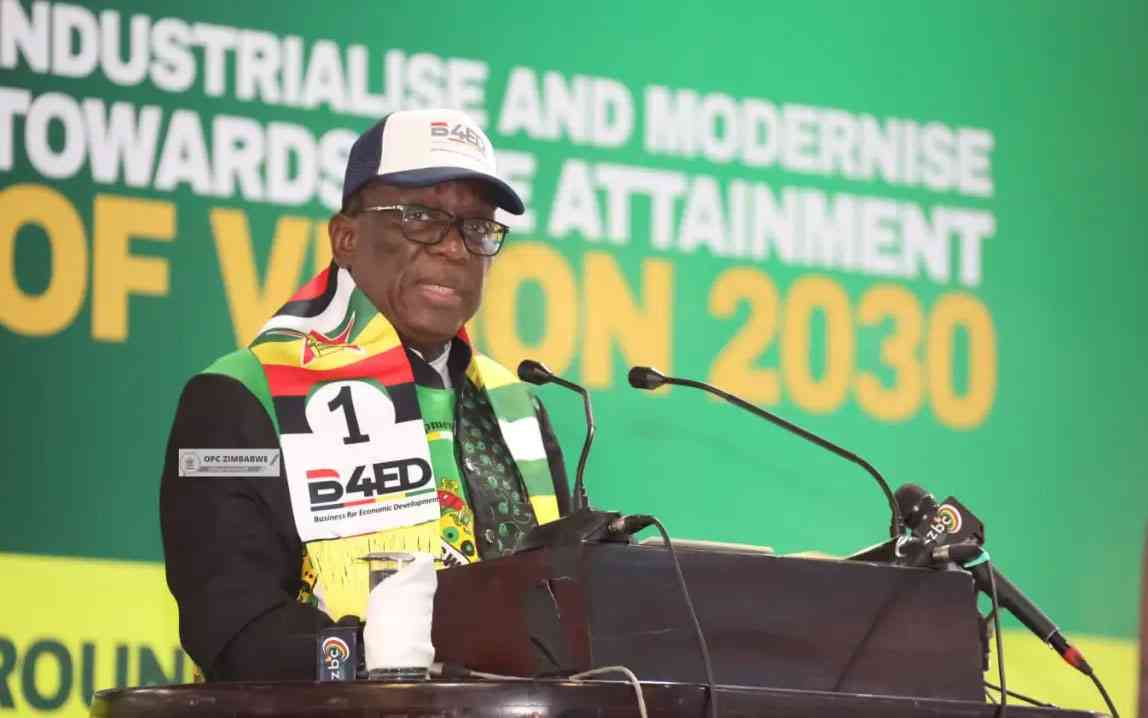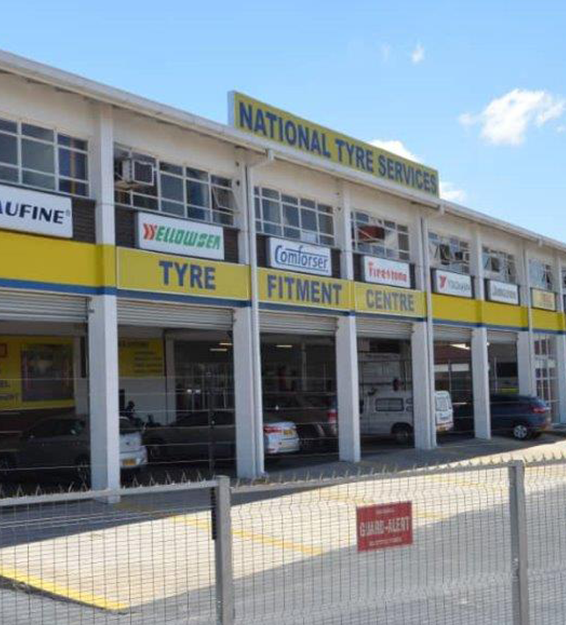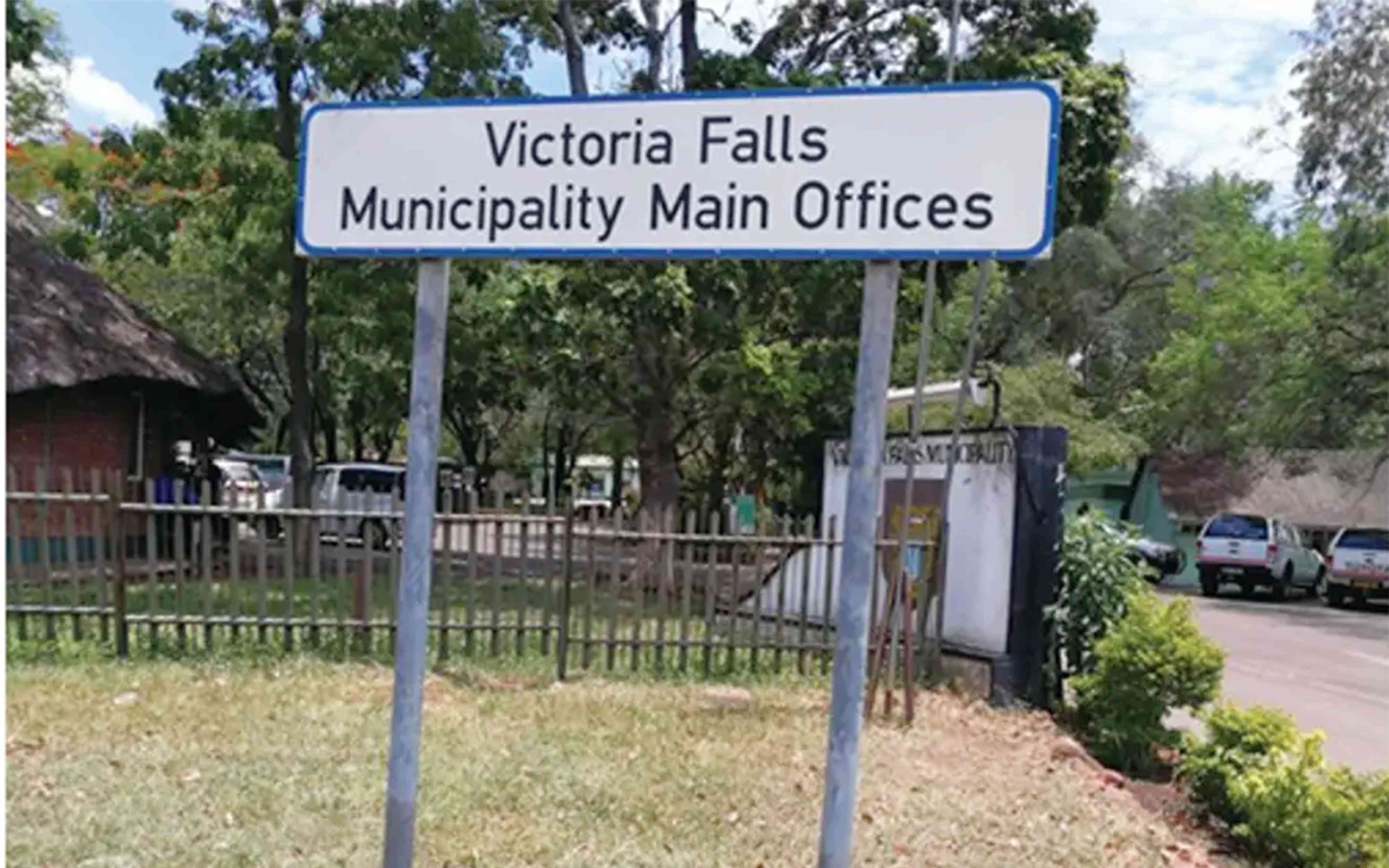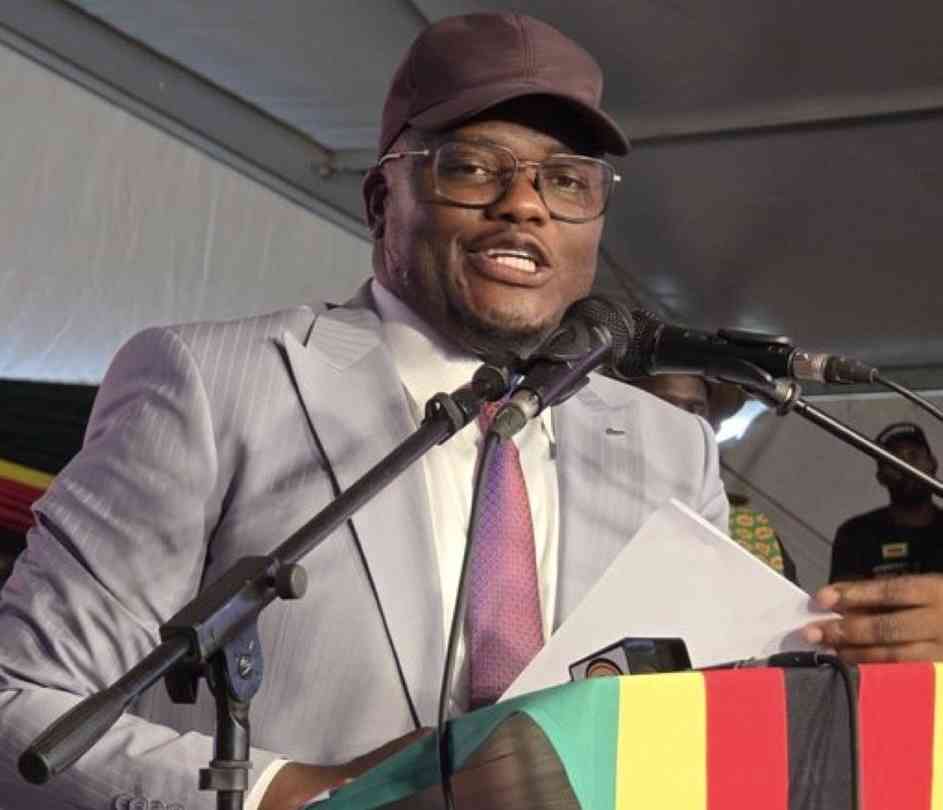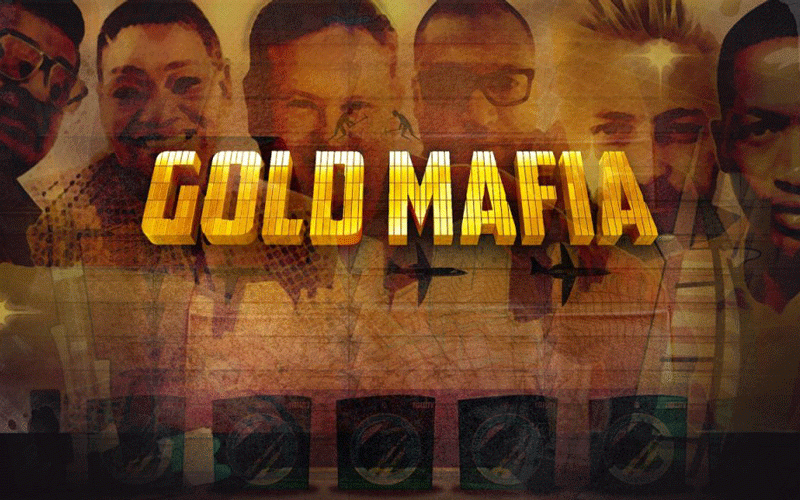
INTERNATIONAL watchdogs have developed interest in reports that some of the region’s strongest gold mafia are ruling the dark economy from Zimbabwe, triggering fears that the country’s tug as a pariah State might not end for a long period to come.
This week’s developments followed a swell of anger and outrage in Zimbabwe after the broadcasting of an exposé by Qatar-based television station, Al Jazeera, called Zimbabwe’s Gold Mafia, has shaken the establishment exposing how well-connected individuals were looting gold from the country.
Episodes broadcast so far showed that most of the corruption revolves around people associated or claiming to be closely linked to President Emmerson Mnangagwa.
They range from known criminals to government officials and businessmen, who all confirm that the country is under the grip of serious looting, and give pointers to why a few have been making billions around a sea of poverty.
Experts said this week Zimbabwe risked slipping back into the Financial Action Task Force (FATF)’s dreaded grey list following evidence of illicit financial flows through back stage gold dealings and other vices.
The country was removed from the list of non-compliant jurisdictions about a year ago, and is due for another inspection in 2025. The FATF is an inter-governmental body founded in 1989 with a mandate to develop policies and recommendations for adoption by all countries for purposes of combating money laundering, financing of terrorism and proliferation of weapons of mass destruction.
According to FATF, Zimbabwe is a signatory to several protocols on money laundering, which it must comply with.
The latest exposé by Al Jazeera has placed the country under more scrutiny from global watchdogs, according to experts interviewed by the Zimbabwe Independent.
- Mavhunga puts DeMbare into Chibuku quarterfinals
- Bulls to charge into Zimbabwe gold stocks
- Ndiraya concerned as goals dry up
- Letters: How solar power is transforming African farms
Keep Reading
They said at the centre of scrutiny would be how Zimbabwe responds to reports of money laundering and externalisation of funds, which came out strongly in the groundbreaking investigation.
Following a week of threats by top civil servants to media outlets reporting on the plunder, Zimbabwe’s under fire government finally said on Tuesday allegations of corruption raised in the documentary would be investigated.
“The government takes the allegation raised in the documentary seriously and has directed relevant organs to institute investigations into the issues raised therein,” Information minister Monica Mutsvangwa said. “Any person found to have engaged in acts of corruption, fraud or any form of crime, will face the full wrath of the law. The government takes this opportunity to reaffirm its commitment to upholding local and international laws, including laws relating to financial transactions, the trade of gold and other precious minerals.”
However, United Kingdom-based economist Chenayimoyo Mutambasere said Zimbabwe was likely to be listed among “high risk” jurisdictions, which might further dent its already soiled reputation.
“The knock-on effect of this is going to be the advancement of the corruption and illicit trade agendas which have seen nearly 60% of our population living in extreme poverty,” Mutambasere said.
Professor of World Politics at the University of London Stephen Chan said Mnangagwa must deal with people implicated in the sleaze in order to demonstrate his commitment towards stamping out corruption.
“The President needs to send some heads rolling to give at least an impression that he is serious about tackling corruption,” Chan told the Independent. “At the same time, fingers point to his immediate circle, and even to him, so he is probably silent until the revelations of the remaining episodes are known, along with their immediate consequences.”
Chan, however, noted that Zimbabwe had for long known about the prevalence of oligarchic-style corruption and the expose had simply added detail.
“It may not dramatically change voting intentions. There is a long list of economic woes and malpractices that Zimbabweans will judge the government upon.”
Political commentator Effie Ncube said the current debacle showed that Zimbabwe was a playground for dirty dealings.
“Government officials are not worried about corruption beyond just talking about it. As such, the expose will not change their stance and attitude towards corruption. It will remain business as usual,” said Ncube, who spoke hours before the government broke its silence. “At most they might arrest a few small fish and later release them. Otherwise, nothing is going to happen to alleged offenders and graft is going to continue as if nothing happened.”
However, journalism lecturer and social commentator Alexander Rusero argued that the Al Jazeera story was a storm in a teacup.
“From a journalism point of view, that production is a half-baked standard that falls far short of the benchmarks of investigative journalism. It is full of speculation as opposed to evidence. Evidence is the hallmark of investigative journalism, not speculation and opinion,” Rusero said.
“As such, it plays well into Zanu PF hands as it sounds more of a sting operation documentary and not necessarily an investigative journalism piece.”
He dismissed the documentary for its lack of basic understanding of Zimbabwe's political economy, precisely in how precious metals have been traded for centuries.
“Lack of understanding or choosing to ignore it smacks of a sinister orchestrated agenda, to say the least. Based on this alone — and without referring to dubious characters identified as part of the production — makes the documentary not worthy nor warrant a government position thus far,” he added.
The Zimbabwe Coalition on Debt and Development (Zimcodd) released a statement this week calling upon the Office of the President and Cabinet to set up a special commission of inquiry to ascertain guilt and hold all implicated officials accountable.
The organisation said the special commission of inquiry must suspend the licences of those implicated, pending investigations. It said the probe must be headed by a reputable former head of state or diplomat and a High Court judge.
The inquiry should also be given the power to subpoena, it said, noting that it should consist of at least three reputable members of parliament from both the ruling and opposition party and collaborate with the same investigations which are being carried out in South Africa for the same cause, so as to triangulate facts and findings.
“The special commission of inquiry must have a running time frame of three months, have the legal authority to access any relevant document, have the authority to freeze properties of the implicated persons, give sound and actionable recommendations.”

